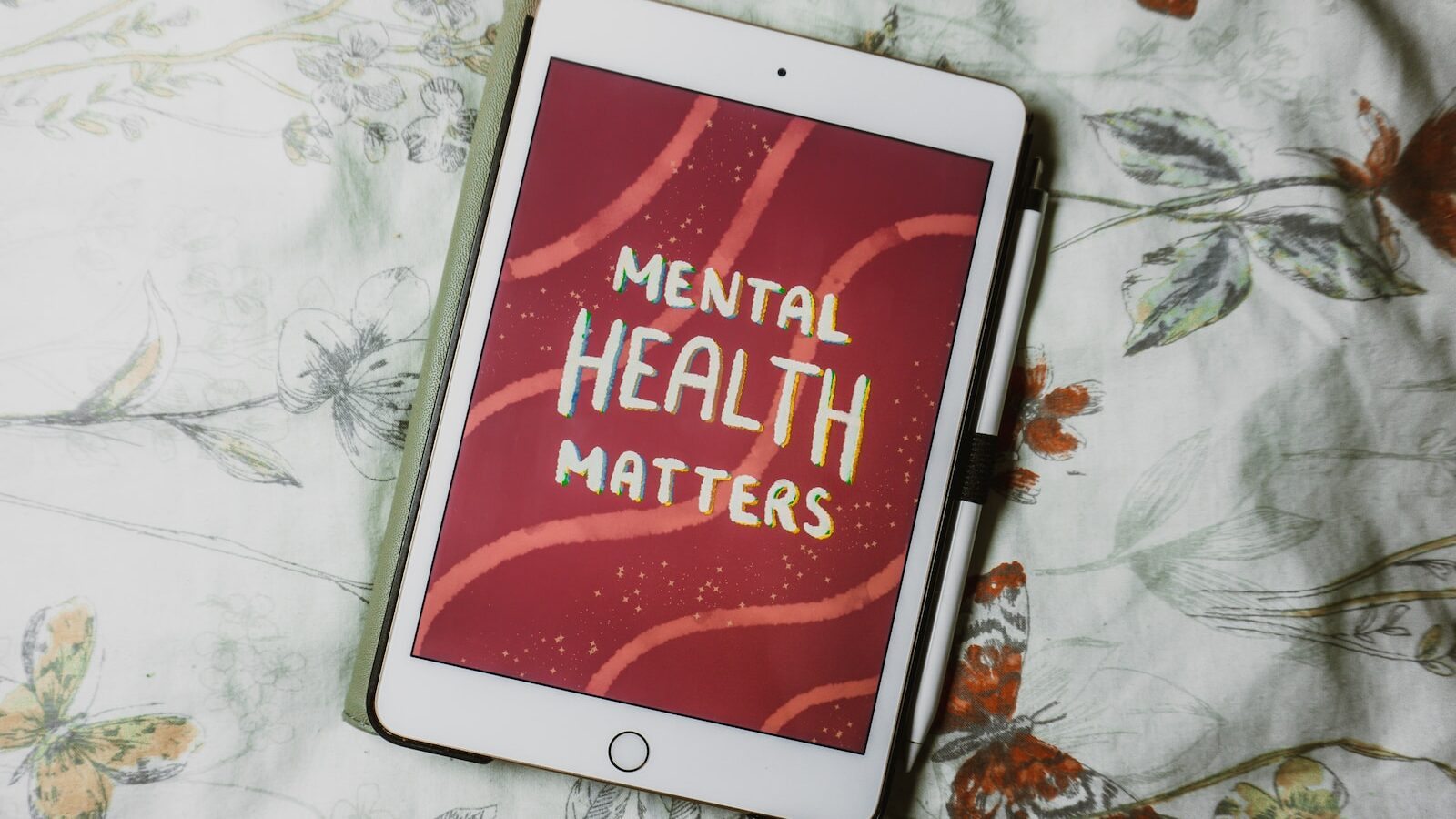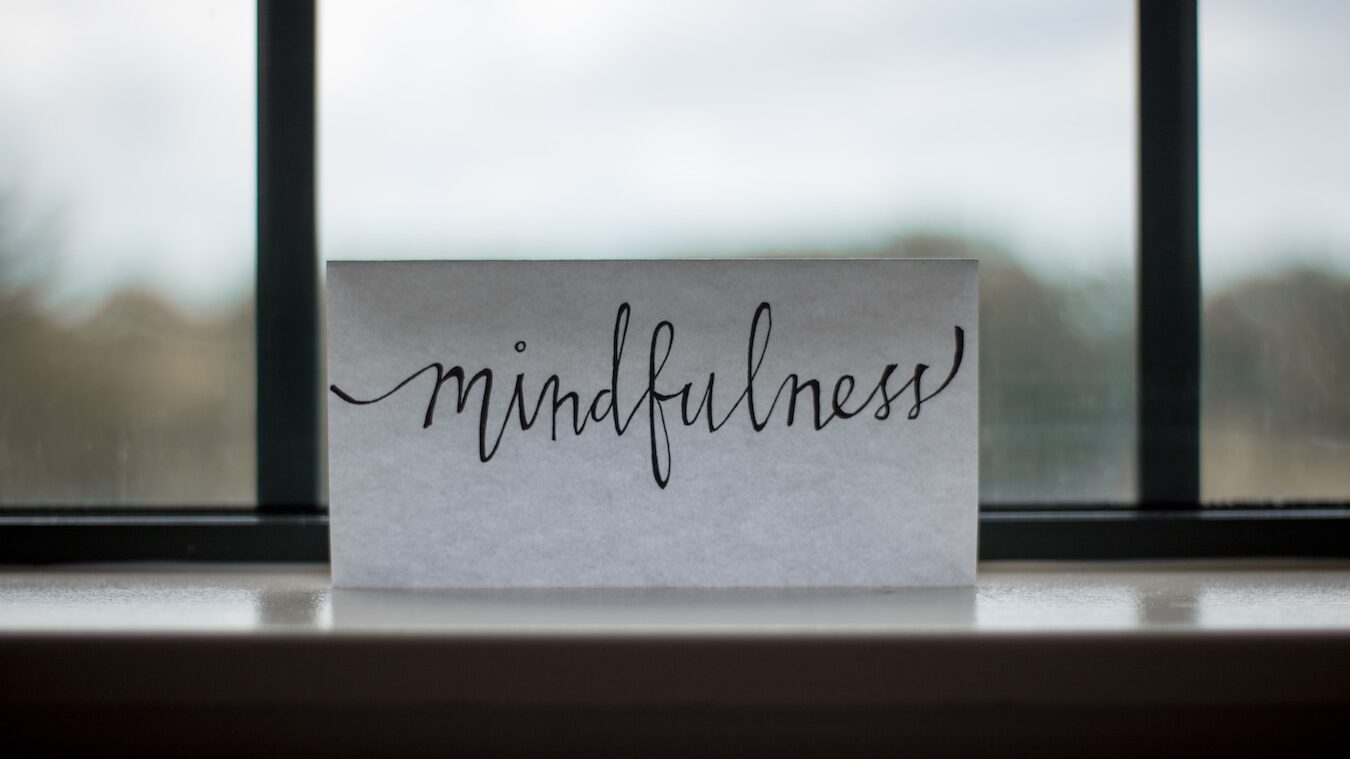Introduction
In today’s fast-paced world, taking care of our mental and physical well-being is more important than ever. Self-care is all about consciously making time for activities that nourish and rejuvenate both our mind and body. In this blog post, we will explore ten effective self-care tips that can help you achieve a healthier and more balanced lifestyle.
Prioritize Quality Sleep

Getting enough restful sleep is crucial for overall health and well-being. Here’s how you can improve your sleep quality:
Establish a Consistent Sleep Schedule
Try to go to bed and wake up at the same time every day, even on weekends. This helps regulate your body’s internal clock and improves the quality of your sleep.
Create a Relaxing Bedtime Routine
Develop a calming pre-sleep routine to signal your body that it’s time to unwind. You can read a book, practice gentle stretches, or take a warm bath to relax your mind and body before bedtime.
Engage in Regular Exercise

Physical activity is not only beneficial for your body but also has a positive impact on your mental health. Here’s how to make exercise a regular part of your routine:
Find an Activity You Enjoy
Whether it’s dancing, cycling, or going for a walk in nature, choose an activity that brings you joy. This makes it easier to stay motivated and consistent with your exercise routine.
Set Realistic Fitness Goals
Start with achievable fitness goals and gradually increase the intensity and duration of your workouts. Celebrate your progress along the way to stay motivated.
Practice Mindfulness Meditation

Mindfulness meditation is a powerful tool to reduce stress and enhance self-awareness. Follow these steps to get started:
Simple Breathing Exercises
Focus on your breath and observe its natural rhythm. When your mind wanders, gently bring your focus back to your breath. Practice this for a few minutes every day to develop mindfulness.
Be Present in the Moment
Engage in daily activities with full presence and awareness. Whether you’re eating, walking, or working, try to be fully immersed in the experience without distractions.
Unplug from Technology

Constant exposure to screens and digital devices can negatively impact your mental well-being. Take these steps to unplug and recharge:
Limit Screen Time
Set specific time limits for using your phone, computer, and other electronic devices. Avoid screens at least an hour before bedtime for better sleep.
Embrace Digital Detox Days
Dedicate one day a week or a few hours each day to disconnect completely from technology. Use this time to engage in hobbies, read a book, or spend quality time with loved ones.
Nourish Your Body with Healthy Food

A balanced and nutritious diet plays a significant role in maintaining both physical and mental health. Follow these guidelines for a healthier diet:
Include a Variety of Nutrient-Rich Foods
Consume a diverse range of fruits, vegetables, whole grains, lean proteins, and healthy fats. This ensures you get essential nutrients for overall well-being.
Stay Hydrated
Throughout the Day Drink an adequate amount of water daily to keep your body hydrated and functioning optimally.
Cultivate a Hobby or Passion

Engaging in activities that spark joy can boost your mood and reduce stress. Here’s how to cultivate a hobby:
Rediscover Your Interests
Think back to activities you used to enjoy or explore new ones that intrigue you. It could be anything from painting to gardening or playing a musical instrument.
Make Time for Creative Pursuits
Dedicate regular time to pursue your hobby or passion. Even if you have a busy schedule, carving out small pockets of time can make a significant difference.
Connect with Loved Ones

Building and maintaining strong relationships is essential for emotional well-being. Follow these steps to strengthen your connections:
Nurture Meaningful Relationships
Invest time and effort in nurturing the relationships that matter to you. Make an effort to communicate regularly with family and friends.
Communicate Openly and Empathetically
Practice active listening and express your feelings honestly. Be there for your loved ones when they need support, and don’t hesitate to seek help yourself when needed.
Set Boundaries and Learn to Say No

Setting boundaries is crucial for maintaining a healthy balance in life. Here’s how to set boundaries effectively:
Identify Your Limits
Reflect on what activities or situations drain your energy and lead to stress. Learn to recognize your limits and prioritize your well-being.
Prioritize Your Well-being
Politely decline commitments or tasks that overwhelm you. Saying no is a way of taking care of yourself and ensuring you have the time and energy for what truly matters.
Practice Gratitude Daily

Cultivating gratitude can foster a positive outlook on life and improve mental well-being. Here’s how to practice gratitude:
Keep a Gratitude Journal
Write down three things you are grateful for each day. This simple practice can shift your focus towards the positive aspects of your life.
Focus on the Positives in Your Life
Instead of dwelling on what’s lacking, focus on the blessings and positive experiences in your life. Develop a habit of appreciating the small joys and moments of gratitude.
Seek Professional Help When Needed

Remember that seeking help from a healthcare professional is a sign of strength, not weakness. Here’s when to consider reaching out for assistance:
Don’t Hesitate to Consult a Healthcare Professional
If you’re experiencing persistent physical or mental health issues, consult a doctor or mental health professional for guidance.
Reach out to a Therapist or Counselor
If you’re dealing with stress, anxiety, or other emotional challenges, consider therapy or counselling to explore coping strategies and emotional well-being.
Conclusion
Taking care of yourself is not a luxury; it’s a necessity. Incorporating these self-care tips into your daily routine can lead to a healthier and happier life. Remember, self-care is a continuous journey, so be patient with yourself as you develop these habits. Prioritize self-care, and you’ll find yourself better equipped to handle life’s challenges with a clear and focused mind.









